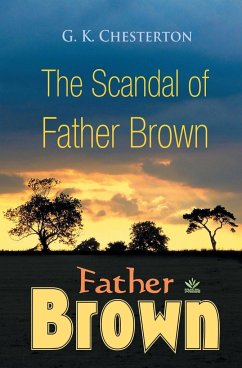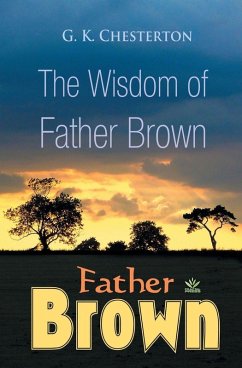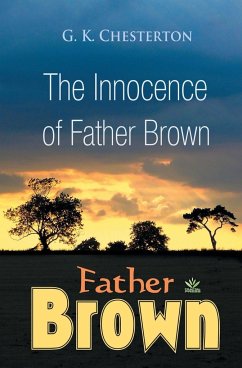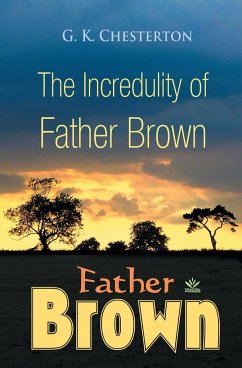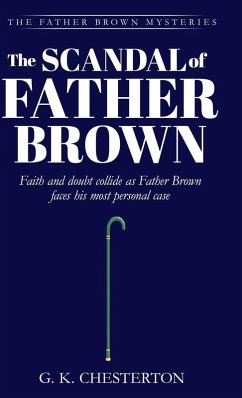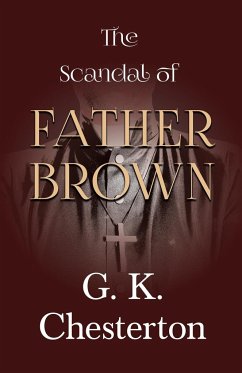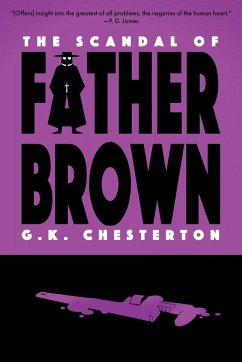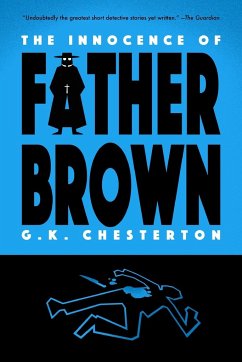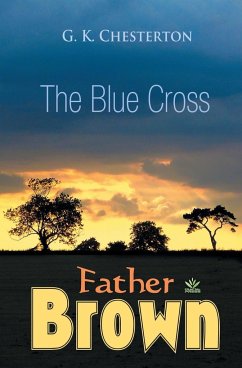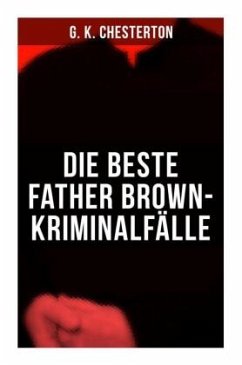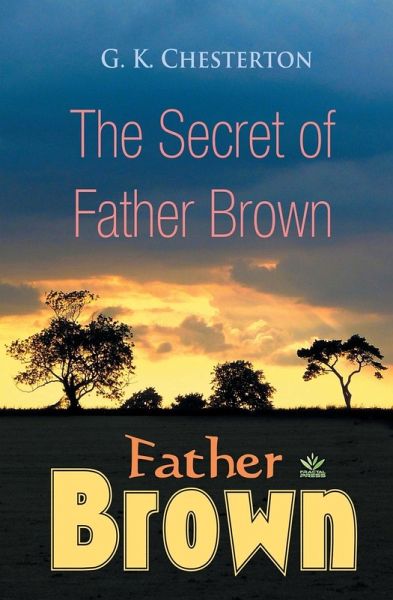
The Secret of Father Brown
Versandkostenfrei!
Versandfertig in 1-2 Wochen
13,99 €
inkl. MwSt.

PAYBACK Punkte
7 °P sammeln!
Flambeau, once the most famous criminal in France and later a very private detective in England, had long retired from both professions. Some say a career of crime had left him with too many scruples for a career of detection. Anyhow, after a life of romantic escapes and tricks of evasion, he had ended at what some might consider an appropriate address... Gilbert Keith Chesterton was an English writer, often referred to as the prince of paradox. Chesterton is well known for his fictional priest-detective Father Brown, and for his reasoned apologetics. Even some of those who disagree with him h...
Flambeau, once the most famous criminal in France and later a very private detective in England, had long retired from both professions. Some say a career of crime had left him with too many scruples for a career of detection. Anyhow, after a life of romantic escapes and tricks of evasion, he had ended at what some might consider an appropriate address... Gilbert Keith Chesterton was an English writer, often referred to as the prince of paradox. Chesterton is well known for his fictional priest-detective Father Brown, and for his reasoned apologetics. Even some of those who disagree with him have recognized the wide appeal of such works as Orthodoxy and The Everlasting Man.



